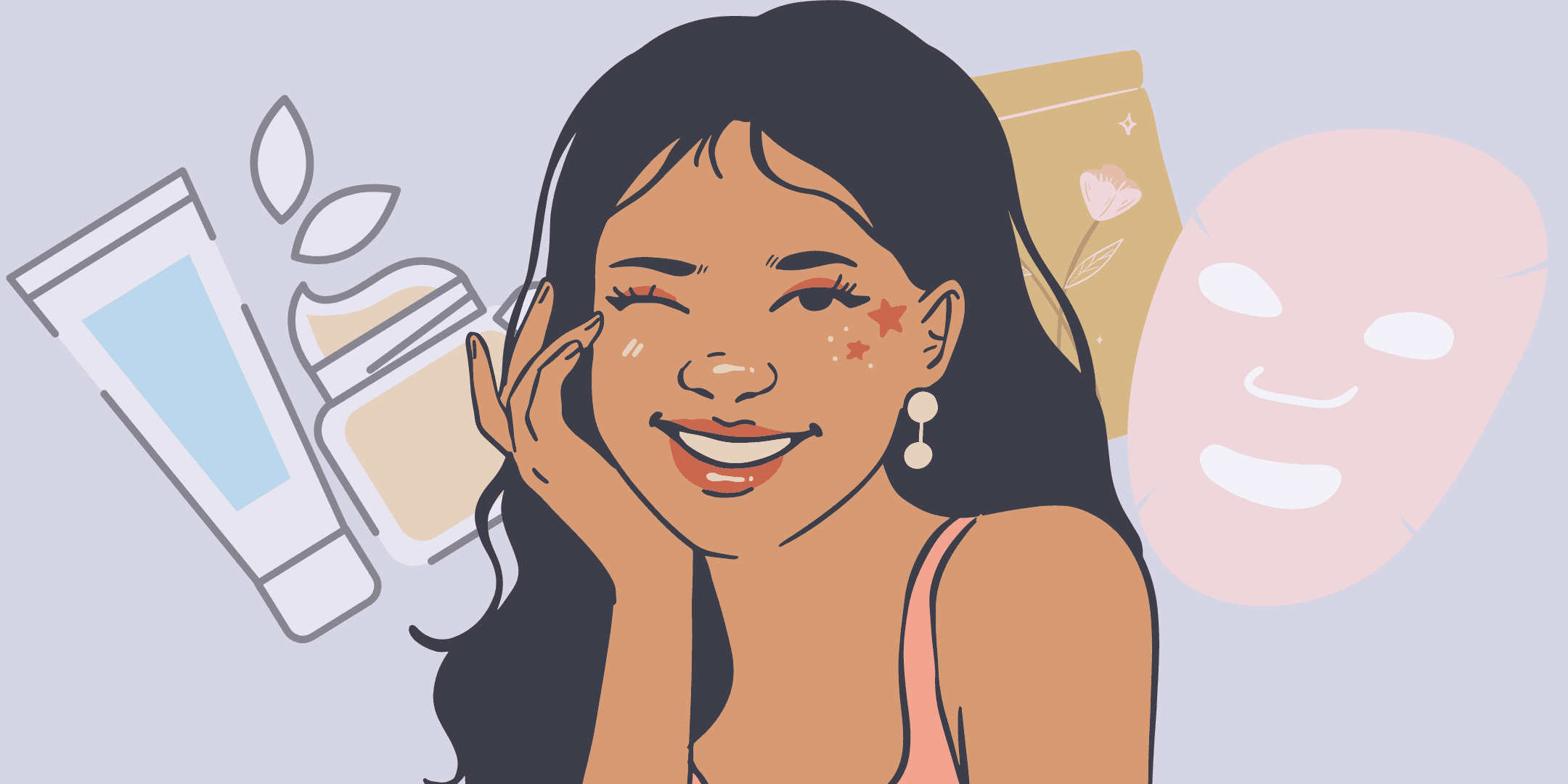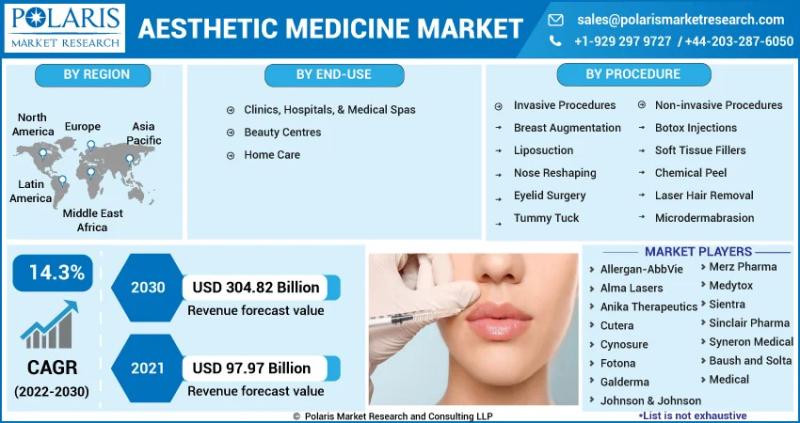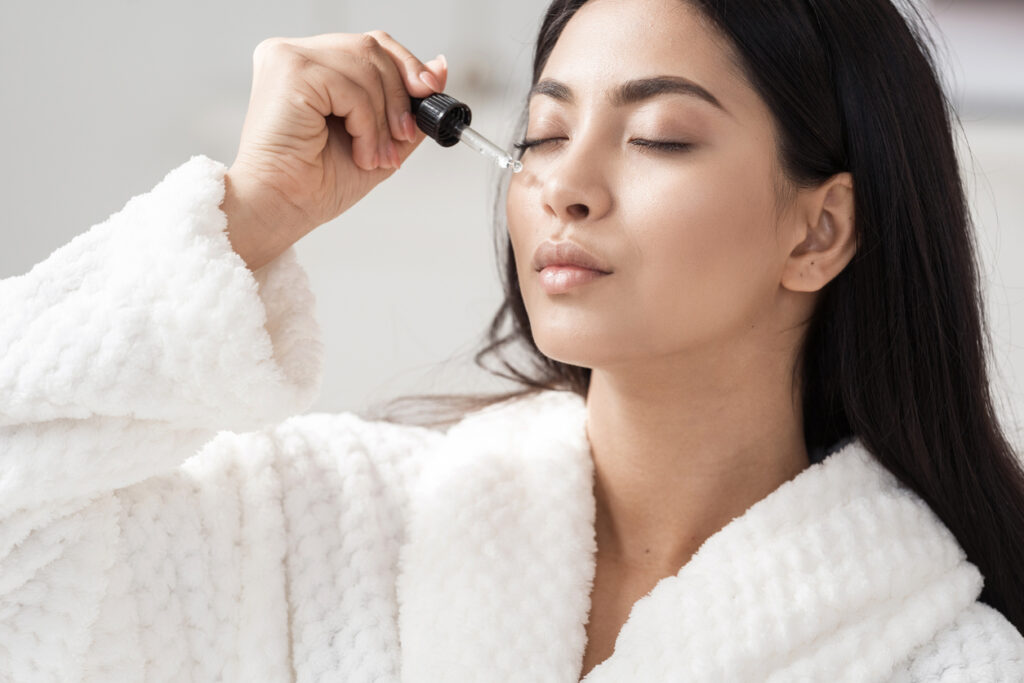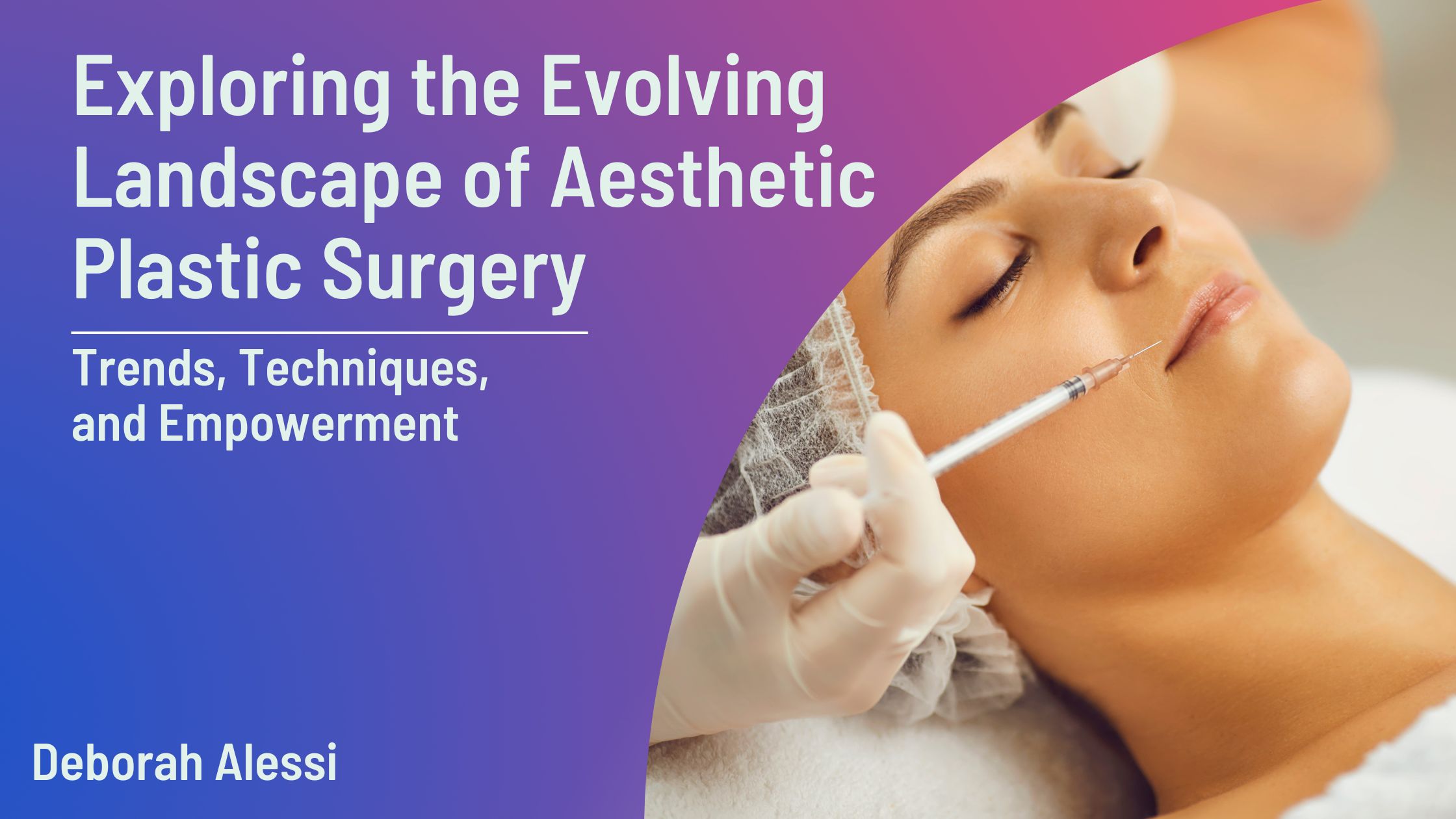The Ever-Evolving Landscape of Beauty: Exploring the Spectrum of Makeup Opinions
Related Articles: The Ever-Evolving Landscape of Beauty: Exploring the Spectrum of Makeup Opinions
Introduction
In this auspicious occasion, we are delighted to delve into the intriguing topic related to The Ever-Evolving Landscape of Beauty: Exploring the Spectrum of Makeup Opinions. Let’s weave interesting information and offer fresh perspectives to the readers.
Table of Content
The Ever-Evolving Landscape of Beauty: Exploring the Spectrum of Makeup Opinions

The relationship between individuals and makeup has always been a complex and nuanced one. While some find solace in the transformative power of cosmetics, others embrace the beauty of natural features. This ongoing discourse, often presented as a binary of "makeup" versus "no makeup," reveals a fascinating interplay of personal preferences, societal pressures, and evolving beauty standards.
Exploring the Spectrum: A Deeper Dive into Makeup Opinions
The "makeup vs. no makeup" debate is not simply a black-and-white issue. It is a spectrum, with individuals occupying various positions based on their personal beliefs, values, and experiences.
1. The "No Makeup" Advocate:
This individual prioritizes a natural aesthetic, often viewing makeup as a tool for masking rather than enhancing. They believe in embracing their authentic selves, celebrating individuality, and fostering a sense of self-acceptance. They might see makeup as a societal construct that perpetuates unrealistic beauty standards and promotes insecurity.
2. The "Minimal Makeup" Enthusiast:
This individual seeks a balance between natural beauty and subtle enhancement. They might utilize makeup for specific purposes, like enhancing their natural features or achieving a more polished look for special occasions. They value a fresh, understated aesthetic, prioritizing natural-looking enhancements over dramatic transformations.
3. The "Full Glam" Enthusiast:
This individual embraces the transformative power of makeup, using it as a tool for self-expression, creativity, and artistic exploration. They may enjoy the process of experimentation and creating different looks, viewing makeup as a form of art and a way to express their unique personality.
4. The "Functional Makeup" User:
This individual views makeup primarily as a practical tool for concealing blemishes, enhancing certain features, or achieving a specific look for professional or personal reasons. They might not necessarily embrace makeup for artistic expression but see it as a way to boost confidence and feel their best.
Influences Shaping Makeup Opinions:
Numerous factors contribute to individuals’ stances on makeup. These include:
a) Personal Values and Beliefs:
Individuals’ personal philosophies, ethical considerations, and cultural background significantly influence their views on makeup. Some might view it as a tool for empowerment and self-expression, while others might perceive it as a symbol of societal pressure and unrealistic beauty standards.
b) Societal Norms and Beauty Standards:
The prevailing beauty standards within a society often dictate what is considered "desirable" or "acceptable" in terms of appearance. These standards can be influenced by media, advertising, and cultural trends, often shaping individuals’ perceptions of their own beauty and influencing their decisions regarding makeup use.
c) Personal Experiences and Confidence:
Past experiences with makeup, personal insecurities, and self-confidence levels can all influence an individual’s stance on makeup. Some might have positive experiences with makeup, finding it a tool for self-assurance and empowerment, while others might have negative experiences that lead them to reject it altogether.
d) Individual Preferences and Style:
Ultimately, personal preference plays a significant role in shaping makeup opinions. Individuals may choose to wear makeup based on their personal style, aesthetic preferences, and desired level of enhancement.
The Importance of Acceptance and Diversity:
It is crucial to acknowledge that the "makeup vs. no makeup" debate is not about right or wrong. It is about individual choice and respecting the diverse ways in which people choose to express themselves.
Embracing Diversity:
The beauty of the modern landscape lies in its diversity. Individuals have the freedom to choose how they want to present themselves, whether it be embracing natural features, enhancing them with makeup, or a combination of both. This freedom of choice fosters individuality and self-expression, allowing people to feel comfortable and confident in their own skin.
The Benefits of Makeup:
While some individuals may choose to forgo makeup, others find it a valuable tool for various reasons:
1. Self-Expression and Creativity:
Makeup can be a powerful tool for self-expression and creativity. Individuals can experiment with different colors, textures, and styles to create unique looks that reflect their personality and mood.
2. Confidence Boost:
For some, makeup can be a confidence booster. By enhancing certain features or concealing imperfections, makeup can make individuals feel more comfortable and confident in their appearance.
3. Artistic Exploration:
Makeup can be viewed as an art form, allowing individuals to explore their creativity and experiment with different techniques and styles.
4. Professional Purposes:
In some professional settings, makeup can be considered a necessary tool for achieving a polished and professional appearance.
The Benefits of "No Makeup":
For those who choose to embrace a natural aesthetic, there are also benefits to forgoing makeup:
1. Embracing Natural Beauty:
The "no makeup" movement encourages individuals to appreciate and celebrate their natural features, promoting self-acceptance and a positive body image.
2. Simplicity and Minimalism:
For some, going without makeup offers a sense of simplicity and minimalism, allowing them to focus on other aspects of their lives and personal care routines.
3. Skin Health:
Some individuals choose to avoid makeup for health reasons, believing that it can clog pores, irritate sensitive skin, or contribute to breakouts.
4. Environmental Concerns:
The production and disposal of makeup products can have environmental implications. Individuals who choose to avoid makeup might do so for environmental reasons.
FAQs Regarding Makeup Opinions:
1. Is it wrong to wear makeup?
No, there is no right or wrong answer when it comes to makeup. Whether or not to wear makeup is a personal choice that should be based on individual preferences, values, and goals.
2. Is it wrong to not wear makeup?
Similarly, there is no right or wrong answer to this question. Not wearing makeup is a personal choice that should be respected.
3. Should I wear makeup to feel confident?
Confidence is a personal journey. While makeup can be a confidence booster for some, it is not a necessity. Confidence comes from within and can be cultivated through self-acceptance, positive self-talk, and pursuing activities that make you feel good.
4. How can I be comfortable with my own appearance?
Developing a positive body image is a process that requires self-reflection, self-compassion, and surrounding yourself with positive influences. It is important to challenge negative thoughts and focus on your strengths and unique qualities.
5. What are some tips for natural-looking makeup?
If you are looking for a more natural approach to makeup, focus on enhancing your features rather than covering them up. Use light, sheer products, blend seamlessly, and prioritize skincare to create a healthy, radiant base.
Tips for Navigating the "Makeup vs. No Makeup" Discourse:
1. Respect Individual Choices:
It is essential to respect everyone’s personal choices regarding makeup. Whether someone chooses to wear it, not wear it, or wear it in a specific way, their decision should be honored.
2. Focus on Self-Acceptance:
Ultimately, the most important aspect of beauty is self-acceptance. Encourage individuals to embrace their unique features and feel confident in their own skin, regardless of their makeup choices.
3. Promote Inclusivity and Diversity:
The beauty industry should strive for inclusivity and diversity, representing a wide range of skin tones, ages, and body types. This fosters a sense of belonging and encourages individuals to embrace their unique beauty.
4. Encourage Open Dialogue and Education:
Open dialogue and education can help dispel misconceptions and foster understanding regarding makeup and its role in society.
5. Prioritize Health and Well-being:
Encourage individuals to prioritize their overall health and well-being. This includes making informed choices regarding makeup products, ensuring they are using products that are safe and suitable for their skin type.
Conclusion:
The "makeup vs. no makeup" debate is a reflection of the ongoing evolution of beauty standards and the diverse ways in which individuals choose to express themselves. It is a complex and nuanced discussion that should be approached with respect, understanding, and a focus on self-acceptance and inclusivity. Ultimately, the most important aspect of beauty is feeling confident and comfortable in your own skin, regardless of your personal choices regarding makeup.








Closure
Thus, we hope this article has provided valuable insights into The Ever-Evolving Landscape of Beauty: Exploring the Spectrum of Makeup Opinions. We appreciate your attention to our article. See you in our next article!
